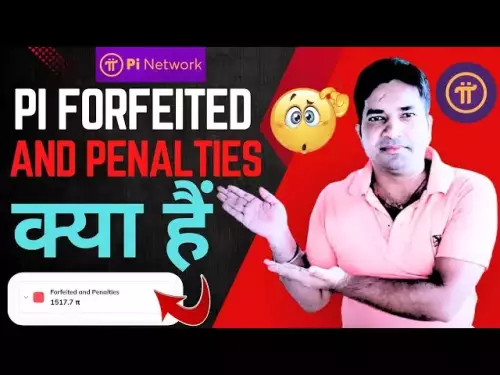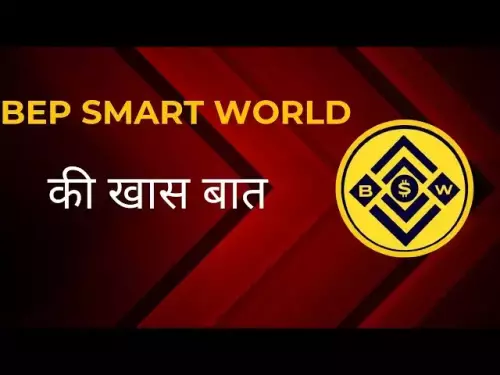The UN's successful blockchain pilot in its pension fund is paving the way for broader adoption, enhancing transparency and efficiency. Could this be the future of global governance?

The United Nations is diving deeper into blockchain technology, and it's all thanks to a game-changing pilot program within its own pension system. This success is not just about streamlining operations; it's about building a more transparent, efficient, and secure future for global governance.
From Paper to Pixels: The UN Pension Fund Revolution
For decades, the UN Joint Staff Pension Fund (UNJSPF) relied on a clunky, paper-based system to verify the identities of its 70,000+ beneficiaries across 190 countries. Think endless paperwork, potential for fraud, and administrative nightmares. Enter blockchain. By implementing a Blockchain-based Digital Certificate of Entitlement (DCE), the UNJSPF has modernized its approach, reducing administrative costs and significantly improving fraud prevention. This system leverages biometrics, AI, cryptography, and geolocation to ensure accurate and secure pension eligibility verification. It's a win-win: retirees enjoy quicker access to services, and administrators face fewer risks.
Blockchain as the Ultimate Digital Identity Verifier
A UN white paper hailed blockchain as "the ultimate technology for digital identity verification." Traditional identity systems are vulnerable to fraud and breaches, but blockchain offers a decentralized and tamper-resistant framework. This isn't just about pensions; it's about laying the foundation for inclusive governance. The UN sees digital identity as a key pillar for achieving broader goals, like Sustainable Development Goal (SDG) 16.9, which champions legal identity for all.
Beyond Pensions: Blockchain's Expanding Role at the UN
The pension fund's success has sparked interest across other UN agencies. Imagine blockchain being used to track humanitarian aid distribution, manage healthcare systems, or monitor global supply chains. The possibilities are endless, and the potential for increased accountability is immense. While scaling blockchain across the UN's decentralized structure will require coordination, the DCE's success demonstrates that it's entirely achievable.
AI's Supporting Role
The UN isn't just stopping at blockchain. It's exploring how artificial intelligence can work hand-in-hand with blockchain to create a comprehensive framework for 21st-century governance. The ultimate goal? Equity and secure access to services for all UN beneficiaries worldwide.
A Word of Caution
It’s important to acknowledge that while the UN's blockchain initiatives hold immense promise, the broader crypto landscape is still subject to volatility. For example, Bitcoin's recent price fluctuations highlight the inherent risks involved in digital assets. While the UN focuses on the utility of blockchain for governance, investors should remain cautious and conduct thorough research before diving into the crypto market.
The Future is Bright (and Secure)
The UN's embrace of blockchain technology is more than just a trend; it's a sign of things to come. By leveraging blockchain's inherent security and transparency, the UN is paving the way for a more efficient and equitable future. Who knew pensions could be so exciting? Now, if only they could use blockchain to solve rush hour traffic…
Disclaimer:info@kdj.com
The information provided is not trading advice. kdj.com does not assume any responsibility for any investments made based on the information provided in this article. Cryptocurrencies are highly volatile and it is highly recommended that you invest with caution after thorough research!
If you believe that the content used on this website infringes your copyright, please contact us immediately (info@kdj.com) and we will delete it promptly.














































































